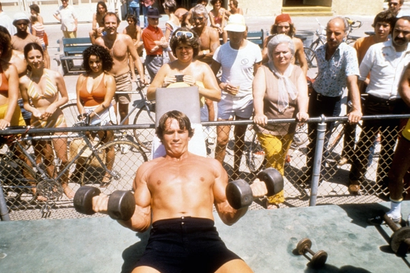Thirty! It’s a magnificent age, that spot on the graph when you really should be hitting your stride. You’re old enough to have put (most) foolish things aside, and your emotional, professional and physical peaks are purring into gear.
Well, hopefully. Because, though you may physically be at your strongest around 30, it’s also a time when the wheels can start to fall off. A decrease in physical activity may occur, while declining testosterone and minor niggles conspire to make the damage less tolerable.
That’s why your late twenties is the perfect time to give your body a swift MOT and make sure you’re in good shape for the coming decades. Below, we’ve whipped up a definitive physical checklist. If you can’t manage any of it, work out why and take the steps to fix it. You’ll thank us when you’re 40.
Can you handle the 'chair of death’?
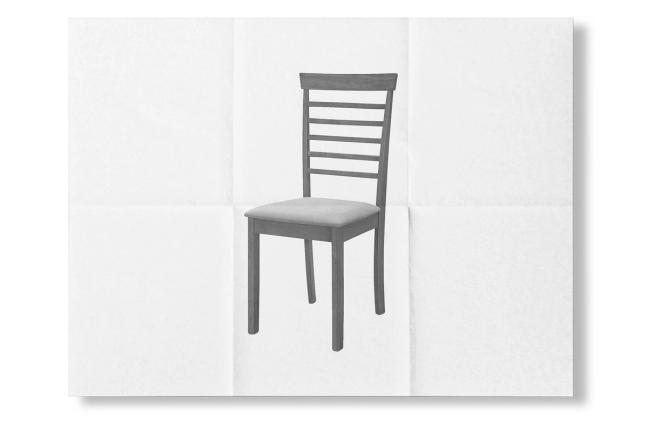
It’s basic, but essential. Stand facing a typical kitchen chair, with your toes underneath the seat. Now, ‘sit’ down and back into a squat, keeping your chest up and back straight.
Can you hit ‘parallel’ – the point where your hip-crease goes below your knee – without your knees hitting the chair? If not, it’s because your glutes have been lulled into inactivity by years of sitting: wake them up with the ‘fire hydrant’, and add some glute bridges to your gym routine.
Do you sleep with one pillow?
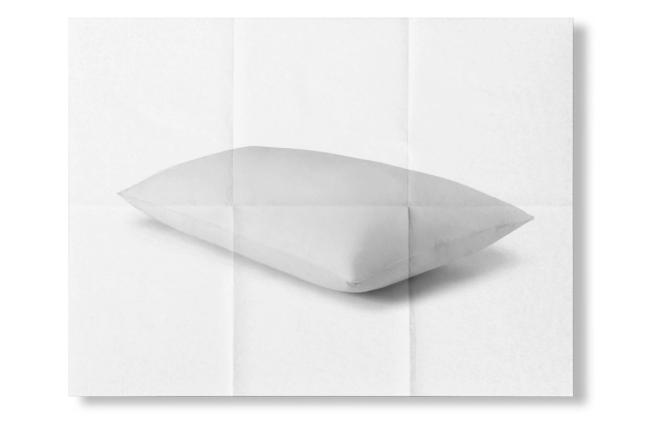
Be honest, how many are you propping yourself up on? If it’s two – or more – it might be a sign that you’re dealing with some kyphosis – excessive curvature of the spine, which causes a hunching of the back, possibly linked to all the time you spend on your laptop.
A physical therapist will be able to help, but, for the time being, set a timer on your phone to ping you every 30 minutes, and use the reminder to stand up, take a couple of deep breaths, and fix your posture before you sit down again.
Can you run 5K in under 30 minutes?
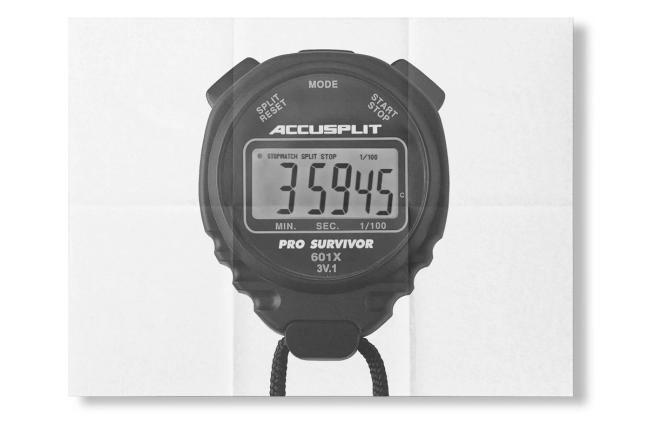
You don’t have to be a running machine, but having a decent baseline of cardiovascular fitness is said to be protective against a whole slew of diseases. (It’s also meant to be good for aiding concentration, brain function and mood.)
The ill-effects of running on your knees may have been hugely overstated, but if pounding the pavement doesn’t appeal – or you aren’t built for it – the rower offers an upper-body-inclusive alternative.
Can you balance on one leg (with one eye shut)?
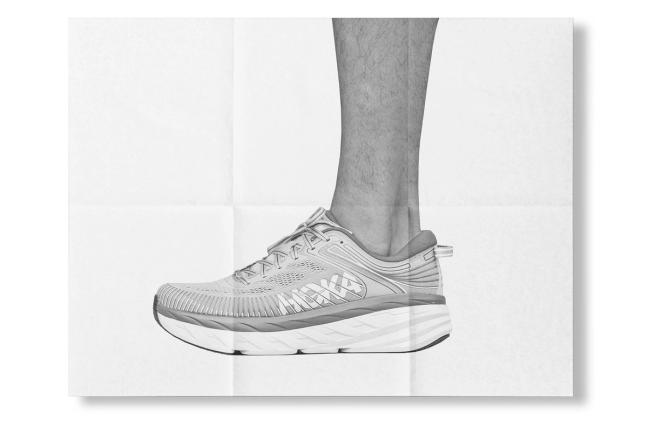
Try it now: stand on one leg, close an eye, and count to ten, slowly. Wait, did you fall over? That’s probably a symptom of an injury or an imbalance issue you’ve never quite addressed – a lack of core strength, perhaps, or even something more serious, like nerve damage or an inner ear disorder.
If a bit of basic strength training (and practice) doesn’t fix it, consider getting it checked out.
Can you do ten proper press-ups?
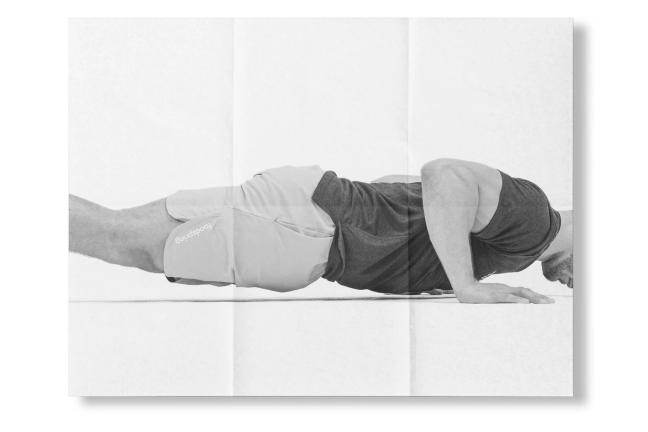
So few? Yes, but we’re talking strict: chest to near the floor at the bottom of the movement, arms straight at the top, and a body straight as a board at every stage. It’s a fundamental test of core and upper-body strength, and as good an indicator as any that you’re maintaining the muscle and bone density you’ll want to shepherd into your later years.
If you can’t manage this many, chop your current best total in half, and do that number every minute for ten minutes. When that feels easy, add one each round.
Can you 'broad jump' your own height?
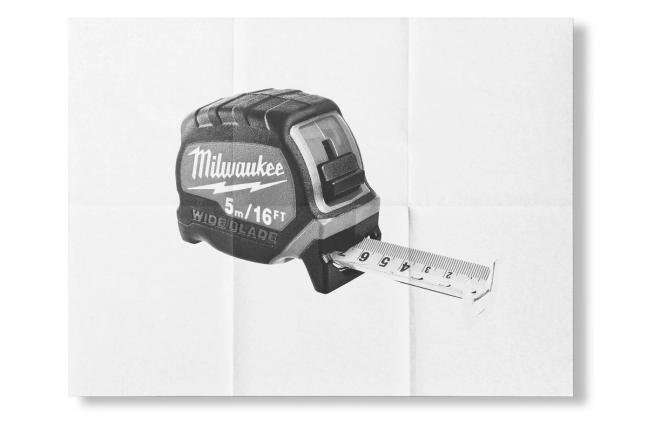
The box jump – beloved of CrossFit devotees though it may be – is often a circus trick, more representative of extreme hip flexibility than explosive strength, and also an easy way to scrape a shin.
‘Broad jump’ instead: from a standing start, take off and land on both feet together, aiming for distance and landing softly. While we’re here, you should also be able to vault a medium-sized gate: the parkourist’s ‘lazy vault’ is your friend here.
Can you get up from the floor, with minimal difficulty?
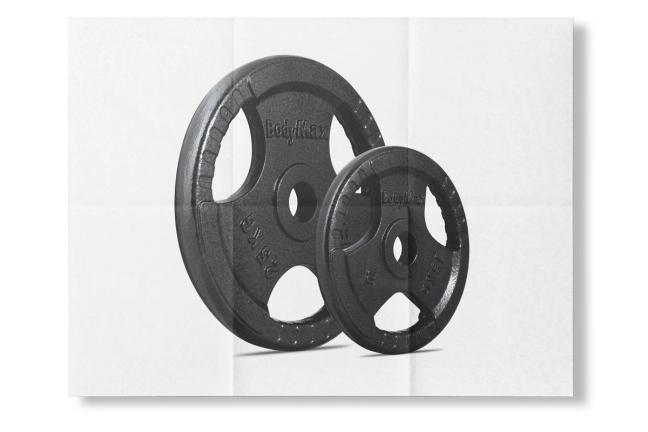
By ‘minimal’, we really mean ‘without using your hands or knees.’ In a study of more than 2,000 ageing people, those best able to manage it had a lower incidence of all-cause mortality than less successful volunteers.
Assuming you can do this without difficulty, spice it up by holding a weight plate in front of you – you’ll need new reserves of hip mobility and inventiveness to get up unaided.
Want more ways to wind back the years? These are the world’s best science-led wellness hotels…
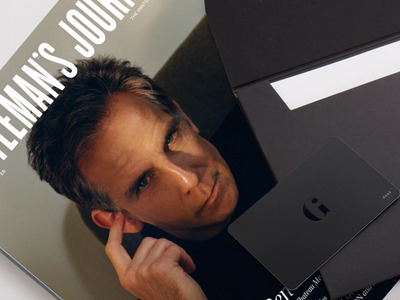
Become a Gentleman’s Journal Member?
Like the Gentleman’s Journal? Why not join the Clubhouse, a special kind of private club where members receive offers and experiences from hand-picked, premium brands. You will also receive invites to exclusive events, the quarterly print magazine delivered directly to your door and your own membership card.
